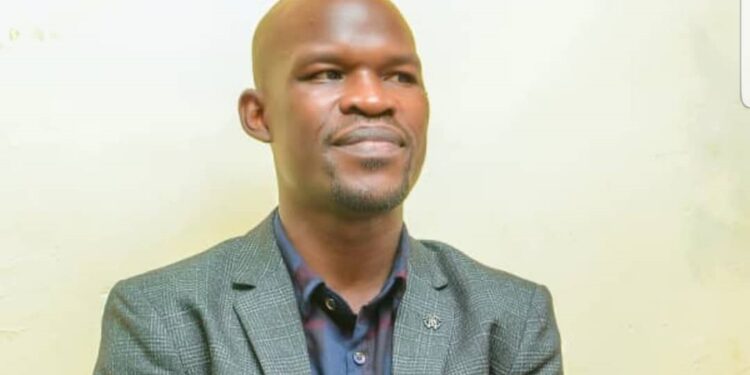In Uganda, the absence of empathy in governance has reached a boiling point, epitomized by the traffic disruptions caused by General Museveni’s motorcade.
Each time the presidential convoy roars through the streets along Wandegeya Mulago, Mulago Kubiri, Bwayise, Namungona fly over, Masanafu and Busega, it doesn’t just inconvenience ordinary citizens, it can endanger lives.
The blockades sometimes lasting several hours would almost feel like a calculated display of authority if it weren’t for the chilling reality that many affected are the most vulnerable among us, including those seeking urgent medical care and trucks delivering emergency medicines.
Imagine a pregnant woman writhing in discomfort, labor well underway, and her transport is caught in a gridlock because the president is about to go home to sleep. In those desperate moments, time is not just an abstract concept it is a matter of life and death. For many Ugandans, the notion of an ambulance is a luxury.
According to the World Health Organization, nearly half of Uganda’s population lives below the poverty line, making even the most basic health services inaccessible to the vast majority. Without affordable options for speeding to hospitals, our citizens face dire consequences when emergency situations arise.
This traffic situation, emblematic of a broader trend, showcases a significant lack of empathy among leaders. An empathic leader would understand that time spent idling in traffic could mean lost opportunities for critical interventions, lost time for patients who rely on the mercy of urban infrastructure to receive care.
It’s a stark reminder of the social contract that exists between citizens and their leaders to work for the people’s best interests, not to flaunt authority at their expense.
During one notable incident in 2022, citizens witnessed a motorcade holding up the main road to Mulago and Kiruddu National Referral Hospital for over two hours. Patients trapped in private vehicles, some desperately trying to reach the hospital with life-threatening conditions.
Such challenges affect the emergency medical delivery on boda boda (Motorcycle) or Uber cars. Events like these unveil a harsh reality the government’s failure to prioritize emergency health access shows an unsettling indifference toward the suffering of its citizens.
Research has shown that empathy is vital for effective leadership. A study from Harvard Business Review highlights that leaders who exhibit empathy inspire loyalty and trust, effectively mobilizing their teams during times of crisis. In Uganda’s case, the absence of such empathy fosters frustration and helplessness, particularly among those who cannot afford Ambulance transport due to the high costs associated with the services.
Moreover, public responses often reveal a growing skepticism regarding the government’s commitment to health services. For instance, several citizens have taken to social media to voice their frustrations, using Uganda Health Exhibition hashtag emphasize the disconnect between the Government of Uganda’s actions and the everyday realities faced by ordinary Ugandans. The collective outrage reflects the growing sentiment that power is being wielded at the expense of compassion, diminishing the sanctity of human life in the eyes of governance.
The irony remains that Museveni’s presidency after the Bush war was built on ideals of service and dedication to the people. Yet, as his administration continues to displace empathy with political theatrics, it alienates the very citizens it was meant to uplift. As the gaps widen, lives hang in the balance.
The consequences are not only felt in the cramped vehicles on those blockaded streets but resonate deeply within the very fabric of Ugandan society.
To bridge this widening chasm, a renewed focus on empathy in leadership is crucial. A pivotal starting point would be Change in governance, Ugandans need to stand in solidarity to restore a leader who can be responsible for citizens. Furthermore, investing in improving ambulance services and healthcare infrastructures could alleviate some of the pressures faced by citizens during such daunting emergencies.
In essence, the lack of empathy exhibited through these motorcade protocols must serve as a wake-up call. It reveals an urgent need for leaders to re-evaluate their priorities and reignite a genuine sense of duty towards public welfare, embracing the understanding that empathy is not merely a sentiment but a critical component of effective leadership. The cost of inaction is too high, lives depend on it.
The author is a Social Development specialist and CEO Bridge Your Mind Centre.
Email; bwani.jose@gmail.com
Do you have a story in your community or an opinion to share with us: Email us at editorial@watchdoguganda.com













